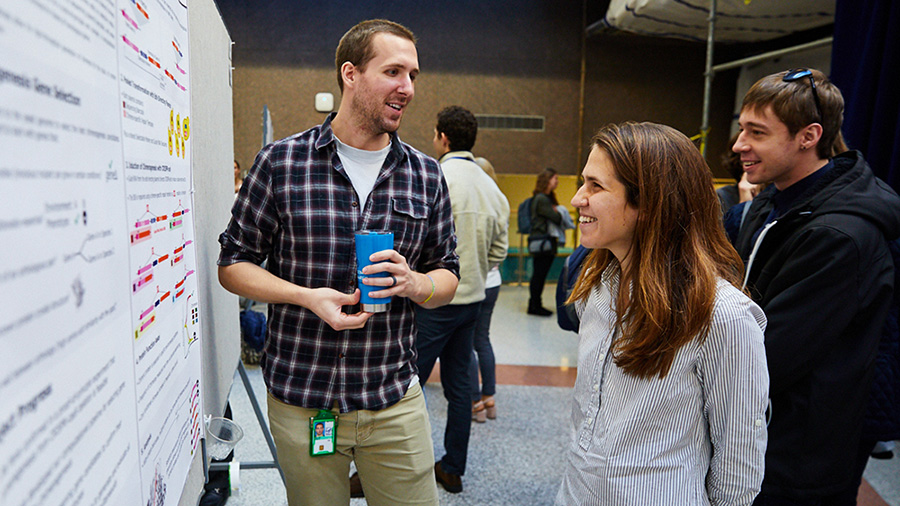
Meru J. Sadhu, Ph.D.
Stadtman Investigator
Systems Biology and Genome Engineering Section
Head
Systems Biology and Genome Engineering Section
Education
B.S. California Institute of Technology
Ph.D. University of California at Berkeley
Systems Biology and Genome Engineering Section Staff
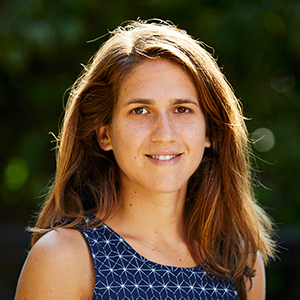
Simone Giovanetti
- Lab Manager
- Systems Biology and Genome Engineering Section
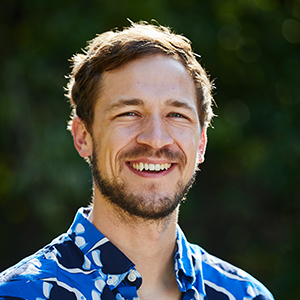
Michael Chambers, Ph.D.
- Postdoctoral Fellow
- Systems Biology and Genome Engineering Section

Mudabir Abdullah, Ph.D.
- Postdoctoral Fellow
- Systems Biology and Genome Engineering Section
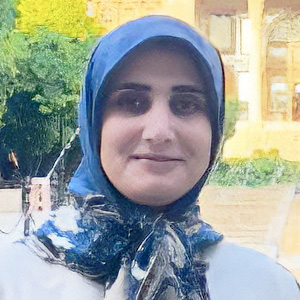
Fereshteh Azadeh, Ph.D.
- Postdoctoral Fellow
- Systems Biology and Genome Engineering Section
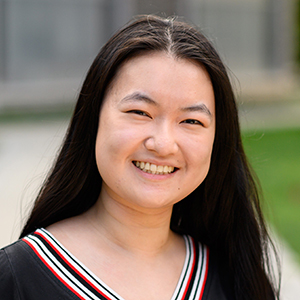
Dinie Zheng
- Postbaccalaureate Fellow
- Systems Biology and Genome Engineering Section

Tristan Grieve
- Postbaccalaureate Fellow
- Systems Biology and Genome Engineering Section

Emily Knisely-Durham
- Postbaccalaureate Fellow
- Systems Biology and Genome Engineering Section
Last updated: February 12, 2025

